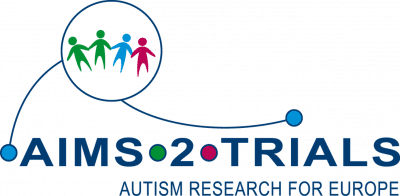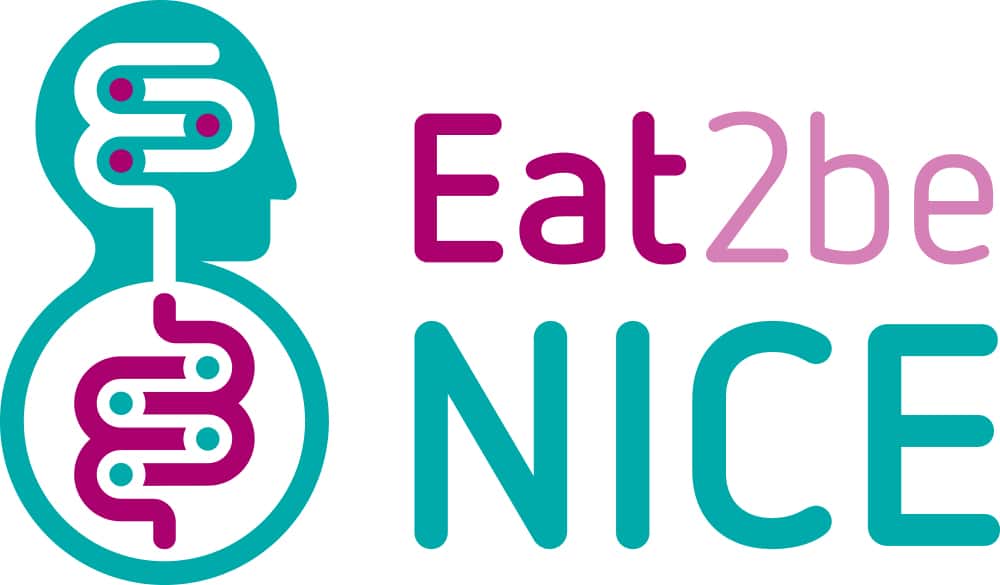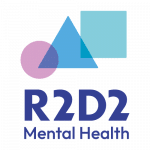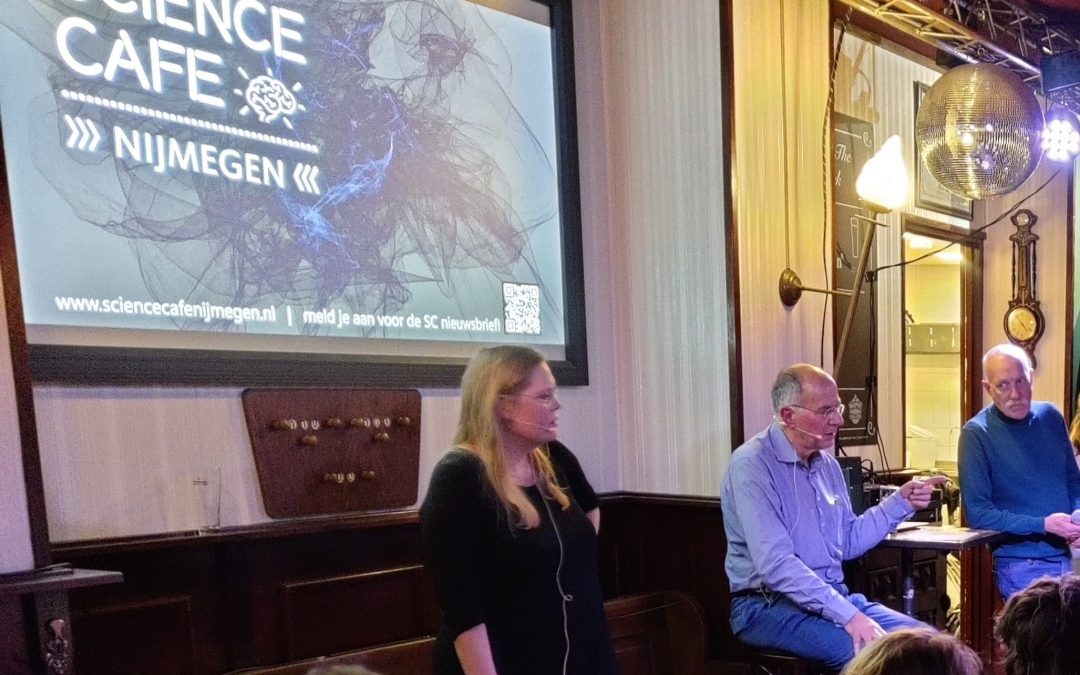Collaborations
The CANDY consortium maintains close collaborations with several scientific related projects.
AIMS-2-TRIAL
AIMS-2-TRIALS stands for Autism Innovative Medicine Studies-2–TRIALS. This international consortium is mainly funded by the Innovative Medicines Initiative (IMI) and closely collaborates with the CANDY project. It began in June 2018 and will run until May 2025.
Scientists have found it difficult to develop treatments for autism and co-occurring conditions because autism is incredibly diverse, varying between people and across different stages of life.
The AIMS-2-TRIALS research programme includes a range of studies that explore how autism develops, from before birth to adulthood, and how this varies in different people. The researchers will look for biological markers which indicate whether a person has or may develop particular characteristics. These markers could help to identify who may ultimately benefit from particular treatments. They also test medicines to help with social difficulties, repetitive behaviours and sensory processing. To accelerate medicine development, AIMS-2-TRIALS comprises a network of connected people across Europe and beyond. The project also works closely with representatives of the autism community.
Objectives
- Understand how autism, and its co-occurring health conditions, develop from before birth into adulthood
- Identify features of autism that can be measured, called biomarkers
- Test new medicines that could become a treatment option for autistic people who are interested in this
- Build a network to connect researchers, clinicians and the autism community
- Prepare Europe to pioneer large clinical trials of future medicines
- Improve and accelerate the process of developing new medicines
- Analyse and manage the data collected in research
- Explore how policies on autism can better support autistic people
- Develop educational tools to improve understanding of autism
- Put Europe at the forefront of autism research
Please find more information on the project website of Aims-2-Trial.
BIND
Our specific objectives are to determine distribution and interactions of different dystrophin isoforms in both mouse and human brains, to correlate the loss of specific isoforms to different brain co-morbidities, to determine which co-morbidities can be restored postnatally and to utilise novel anti-sense oligonucleotides that cross the blood-brain-barrier to treat neurological conditions and improve co-morbidities with genetic therapies in patients. We will share the project outcomes to stakeholders and engage with the patient community. Our work will have significant impact in clinical aspects related to DMD and BMD muscular dystrophies and their associated neurocognitive and neurobehavioral co-morbidities. Our efforts to develop novel therapies that can cross the blood brain barrier could be transformative for the field of neurodegeneration and neurodevelopmental disorders.
The goal of this project is to improve our understanding and measurement of dystrophin in the brain, thus working towards better treatments, care, and outcomes for all those living with DMD and BMD.
For more information, please visit the project website of BIND
EAT2BeNICE
Maladaptive impulsivity and compulsivity predispose to antisocial and addictive behaviours. Factors influencing those traits are not well understood, but diet, lifestyle, socio-economic status (SES), sex, and heritability play pivotal roles.
In the Eat2beNICE project, the ultimate goals include:
- identifying nutritional drivers and lifestyle variations that may prevent detrimental effects of impulsivity and compulsivity across the lifespan, taking under account socio-economic environment, sex, age, culture and genetics;
- characterizing the etiological paths leading to impulsivity and compulsivity from the molecular level via the gut (in particular microbiota and their metabolic effects) to the brain;
- promoting societal changes that will counteract maladaptive impulsivity and compulsivity by bringing evidence-based information about health-related behaviours (nutrition, lifestyle) to families, clinicians, the general public, and policy makers.
The group, in which experts from multiple disciplines join forces, is in a unique position to successfully carry out this project. The consortium use epidemiologic approaches in the world-wide largest existing samples to assess the beneficial effects of key nutritional interventions through randomized, double blind placebo-controlled studies (RCTs) in highly impulsive males/females, going beyond state-of-the-art by directly comparing personalized, high-intensity approaches with one-size-fits- all and microbiome-dependent supplementations. The project studys the protective potential of acute exercise and habitual physical activity and monitor intervention-induced changes in real time through objective mHealth- based experience sampling. Uniquely, the project studys effects of the gut-microbiome and its metabolites, as well as brain connectivity and epigenetic patterns as mediators and predictors of behavioural change. They invest significant effort to initiate and support societal change by media-based information and education. And last of all, we innovate the field by measuring behavioural change using social media downstream of educational campaigns and by translation of our findings into tangible healthy food solutions with a celebrity chef.
You can find more information, results and recipes at the Eat2beNICE project website.
PRIME
PRIME is a European consortium of research institutes, medical centres, companies, and societal stakeholders that is funded through an EU Horizon 2020 grant (No 847879). From 2020 – 2024, PRIME aims to unravel the insulin-dependent mechanisms that underly both somatic conditions (i.e. type 2 diabetes, obesity, metabolic syndrome) and brain disorders (i.e. Alzheimer’s disease, obsessive-compulsive disorder, neurodevelopmental disorders). Until now, very little attention has been paid to the role of insulin signaling in brain disorders, and the overlap (or ‘multimorbidity’) with somatic conditions. Through PRIME we aim to develop tools for improved diagnosis, clinical care and prevention of insulin-related lifespan multimorbidity.
For more information, please see the PRIME project summary and the project website of PRIME
R2D2-MH
For more information about R2D2-MH, please visit the project website of R2-D2-MH.








